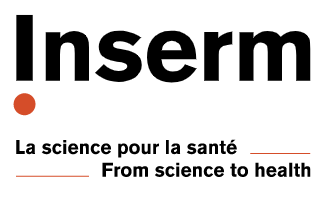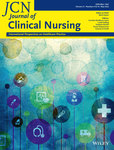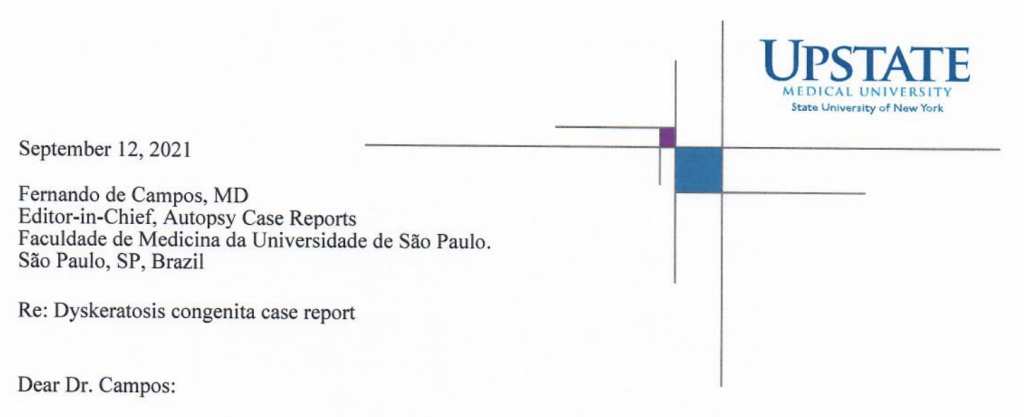Two and a half years after critics raised concerns, a dermatology journal says it has called on two French institutions to launch an inquiry into a 2017 paper.
The Journal of Investigative Dermatology has issued an expression of concern for the article, “NADPH Oxidase-1 Plays a Key Role in Keratinocyte Responses to UV Radiation and UVB-Induced Skin Carcinogenesis,” which it published in June 2017.
The authors of the group were led by Hamid Reza Rezvani, the head of the dermatology team at Université de Bordeaux, and a research director with INSERM, France’s publicly funded science agency.
According to the article’s abstract:
Continue reading Dermatology journal calls for investigation into Bordeaux-INSERM work








